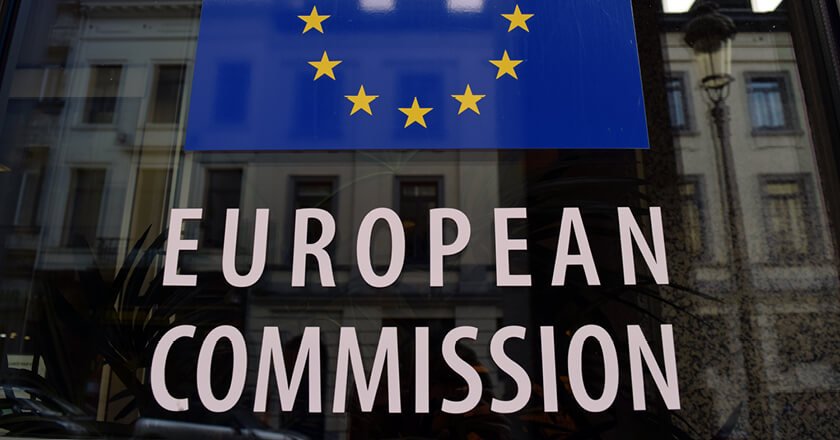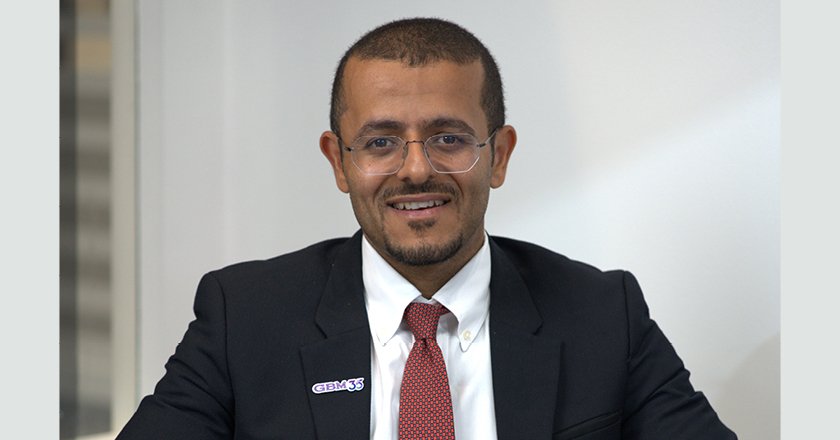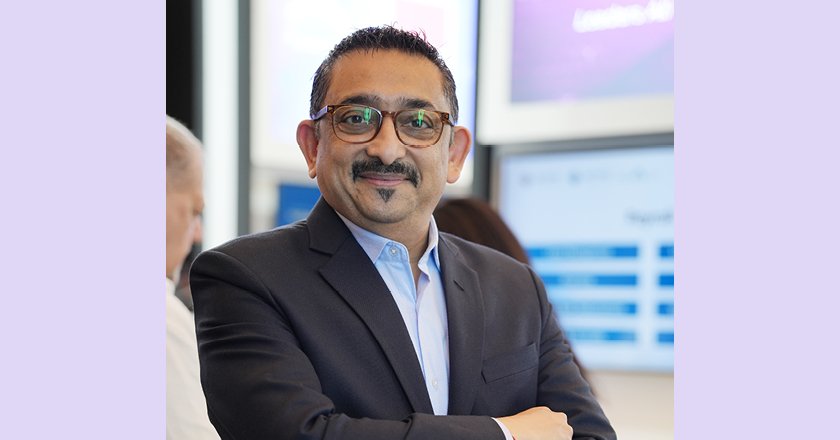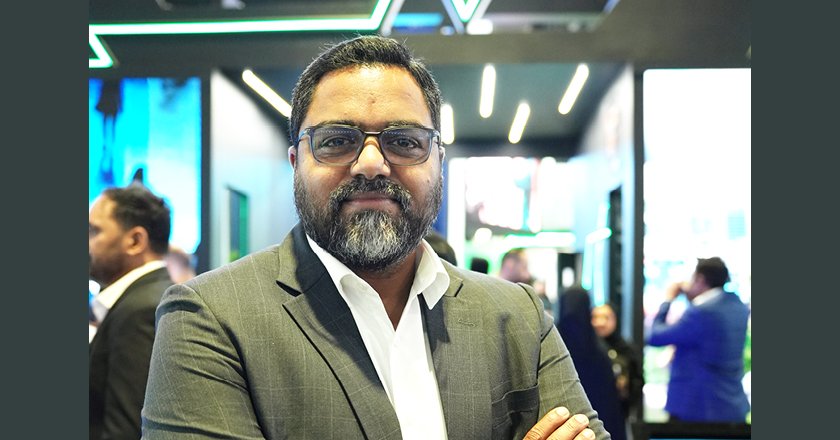After a four year gap from participating in the annual event, the company will be turning the spotlight on its diverse portfolio of advanced enterprise solutions, particularly in IT domains such as cloud computing, virtualisation, software and security, convergence and infrastructure.

Interview: HP CIO Ramon Baez
HP CIO Ramon Baez talks about HP’s vision for cloud computing and big data, and how HP can help its customers make the most of these new technologies.

Managing more
As enterprises move forward into the world of virtualisation, BYOD and cloud computing, the need for IT management services becomes more apparent. We spoke with Raj Sabhlok, President, ManageEngine, to discuss the role of IT management companies.

Morgan Stanley: CIOs in Europe and US project healthy IT budget increases for 2014
CIOs at midmarket and large companies in Europe and the U.S. will spend 4.5 percent more on IT products and services this year than in 2013 as they focus their budget priorities on cloud computing, ERP and analytics software.

Empowering the Crowd
As Powering The Cloud hosted its 10th anniversary show in Frankfurt, few would question that cloud computing uptake is on the rise. The same few would question that it is a trend that is here to stay, and one that businesses will have to adapt to.

Ten times the power
The tenth edition of the Powering the Cloud conference held in Frankfurt, Germany, suggested a bigger-than-ever drive to adopt cloud computing, despite continuing security concerns.

A quarter of firms not ready to converge big five technologies
Over a quarter of businesses are not equipped to deal with the convergence of new technologies, including mobility, social networks, big data, cloud computing and the Internet of Things, according to research from international standards organisation The Open Group.

Startup offers hefty storage with pay-per-use pricing
The model of buying cloud computing resources is different from that of buying traditional hardware and software. Instead of buying licences and investing in equipment, in a cloud computing model, users pay for the resources they use – no more, no less.
IT trends affecting the modern workspace
Whilst working from home is nothing new, the working environment as we know it is on a path to radical change. Advances in cloud computing, portable technology and the ability to outsource business at the click of a button now means that enterprises in the UAE have less and less need to be tied to a fixed traditional office space.

Each to their own
Has cloud computing reached its absolute peak in terms of hype? The topic makes for animated discussions at technology seminars these days and the hype seems to have reached a crescendo, making it really difficult to separate fact from fiction.

European Commission to investigate Amazon and Microsoft
The EC aims to conclude the market investigations within 12 months. If they are designated with gatekeeper status, the companies will have six months to ensure full compliance under DMA obligations.

Huawei stresses the need for AI patent rules
Huawei Chief highlights the need for fresh AI patent rules in order to protect the entire open-source ecosystem.

Anthropic AI races to secure more compute power
The initiative aligns with US President Donald Trump’s AI action plan, which aims to maintain U.S. leadership in AI.

Amazon addresses recent AWS outage
The delay in one process, which Amazon said occurred in the early hours of Monday morning, had a knock-on effect which caused its systems to stop working properly.

AI that’s secure, governed and agile; GBM looks to redefine client partnering
How best to empower talent and foster innovation in a fast-evolving landscape pre-occupied with AI-driven transformation and scalable tech? At GITEX 2025, Mark Forker spoke to Feras Al Majed, General Manager – Human Resources & Communications, GBM, to explore how the company is shaping ‘A More Intelligent Future’ – a future where inclusiveness and transparency are paramount.

LinkShadow – The Future of Cyber Defence
Fadi Sharaf, Chief Revenue Officer, LinkShadow, discusses bringing unified intelligence to meet the challenges of an evolving threat landscape and showcasing their new CybermeshX platform at GITEX 2025.

“AI is transforming the way we work, and we want to deliver the best experiences to our customers.” – Peter Oganesean, HP
Peter Oganesean, Managing Director at HP, spoke to CNME Editor Mark Forker during GITEX Global 2025, to outline how their Workforce Experience Platform is transforming experiences, the capabilities of its AI PCs – and the importance of the digital inclusion initiatives in the form of HOPE AND Gaming Garage.

Almoayyed Computers Middle East champions a tailored approach to AI adoption
Almoayyed Computers Middle East (ACME) is taking a customer-centric approach to help organisations in the region navigate their AI journey, shared Amit Mehta, Head of Software Business.

Redington aligns with the UAE’s AI-First Vision
Sukhil Nair, President – UAE, Redington, shared insights into the company’s GITEX showcase and how it is enabling partners and customers to embrace the next phase of digital transformation.

GBM seeks to translate partner visions into tangible outcomes
Ossama El Samadoni, General Manager at GBM Dubai, delves into their longstanding commitment to the region and belief in strong …


